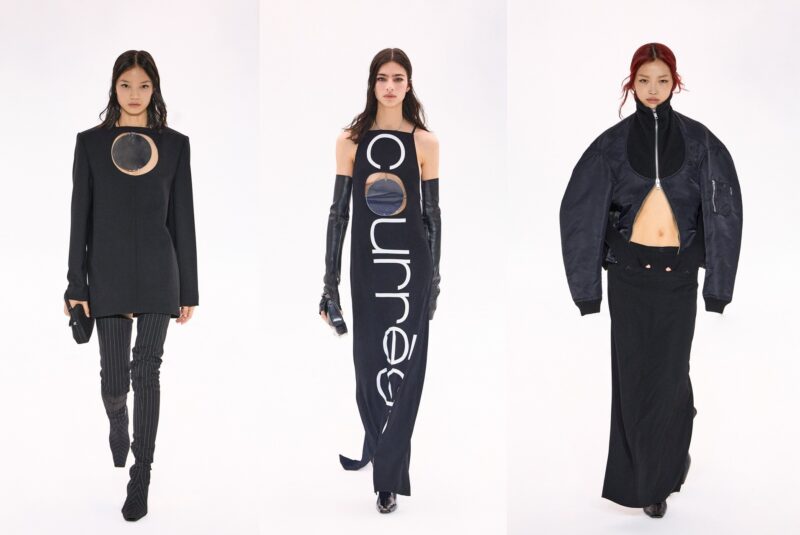Once a major annual shopping event, Qixi Festival – also known as “Chinese Valentine’s Day” – saw a dip in marketing buzz this year despite brands’ best efforts at releasing innovative seasonal campaigns.
Baidu search results show Qixi-related searches during the pre-festival run-up period declined to almost half of last year’s volume, suggesting public interest in the festival waned considerably this year. Chinese media outlets that shared this news did not include further omni-channel data, leaving ambiguity around its interpretation since the dip in searches could indicate consumers simply chose to search for Qixi items directly on e-commerce sites, short video platforms, or other channels.
Given Qixi’s importance in previous years, however, the major decline in searches remains significant. In 2022 , Qixi was the fourth “hottest” marketing festival (based on the volume of relevant case studies published) according to Social Beta’s Holiday Marketing Trends Report.
As a festival steeped in history, Qixi has garnered more widespread commercial appeal amid guochao (“national wave”), which has seen China’s Gen Z and millennials favour products that reflect a sense of national pride and artistic confidence. The romantic festival is especially key in the luxury sector, which launched most of its seasonal campaigns last year during Qixi Festival, far outnumbering those released in Spring Festival and Valentine’s Day.
When taken together with recent data from Valentine’s Day and 520 (May 20, “Internet Valentine’s Day”), the dip in Qixi buzz this year could indicate a larger decline in the popularity of the “romance economy” among Chinese consumers. The sales volume from this year’s Qixi period was over five times greater than that of the 520 shopping period in May and, unusually, major e-commerce platforms did not release 520 consumer behaviour reports as the festival became eclipsed by the ever-growing 618 festival.
It is too early to tell if this year’s figures indicate the beginning of a long-term shift in the importance of love-themed shopping festivals, though waning enthusiasm for shopping festivals certainly fits the post-pandemic phenomenon of sustained rational consumption. As fears mount over China’s economic stability and consumer demand continues to falter, shoppers may lack the stamina for the usual dizzyingly full calendar of shopping festivals, reserving their funds for Spring Festival and Double 11.









